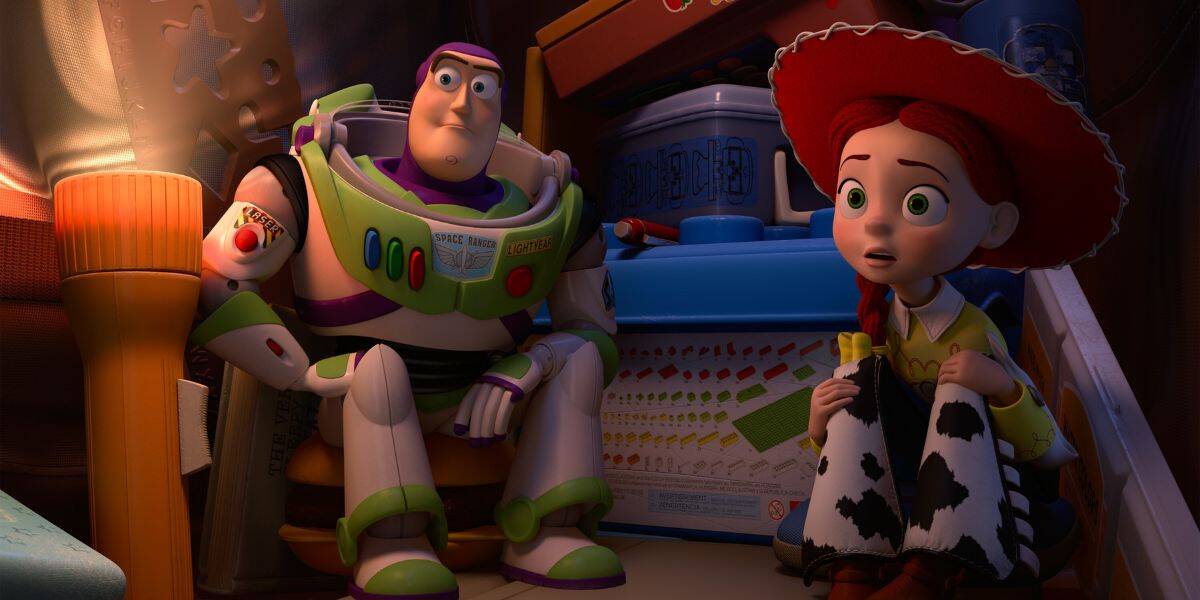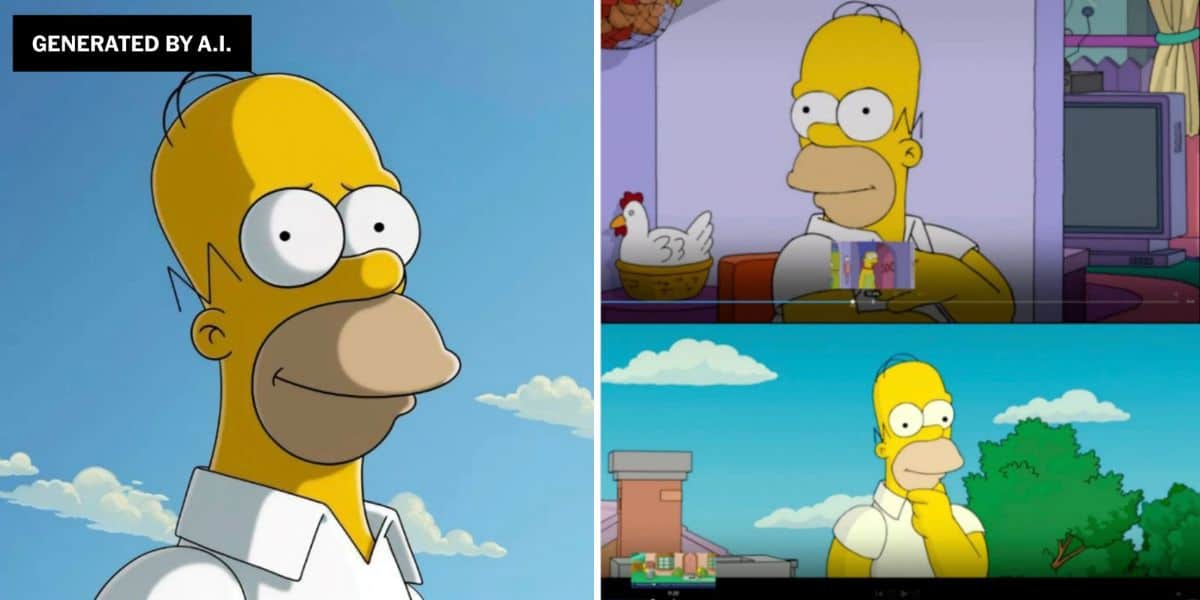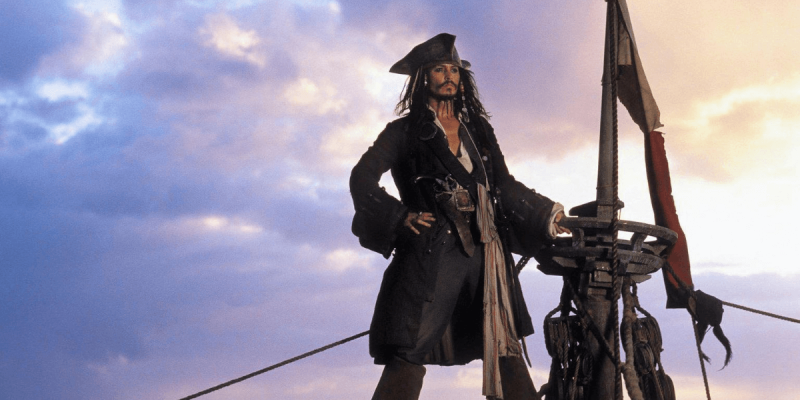AI company Midjourney is pushing back against Disney and Universal’s joint lawsuit.

Related: Bob Iger Urgently Confirms ‘Moana 2’ and ‘Inside Out 2’ Replacements
Midjourney has responded to Disney and Universal’s joint lawsuit against it, saying the pair “can’t have it both ways.” In a new statement via Deadline, Midjourney claims that both entities have benefited from the use of generative technology, pointing out that its AI tools are popular among visual effect companies closely associated with Disney and Universal.
Disney teamed up with Universal earlier this summer for a joint lawsuit against Midjourney. The company specializes in providing users with generative AI tools that can create realistic images. The technology can also create imitations of copyright-protected characters and other intellectual property, something that has been a significant concern not just for Disney and Universal but for the entire entertainment industry.
Companies like Midjourney train their models by scraping images, videos, and other data from across the Internet. While the technology initially was significantly limited in what it could produce, Midjourney has continued to improve its tech.

Related: After Tom Sawyer Island’s Closure, Changes Come for Disney’s Haunted Mansion
Disney and Universal claim Midjourney trained its AI model on their IP, calling the company a “bottomless pit of plagiarism.”
In its new statement, Midjourney quotes current Disney CEO Bob Iger’s positive outlook on AI.
During a shareholder’s meeting earlier this year, Iger said, “AI may, in fact, be the most powerful technology that our company has ever seen, including its ability to enhance and enable consumers to access, experience, and enjoy our entertainment. […] We believe in the power and the value and the importance of human creativity, and we also appreciate from over 100 years of experience that technology is an invaluable tool for artists, whether they’re filmmakers or Imagineers.”
Midjourney was founded in 2021 by David Holz. Holz has previously defended Midjourney’s use of online images, saying, “there isn’t really a way to get a hundred million images and know where they’re coming from.”
The company’s business model relies on paid subscribers. Midjourney generated an estimated $300 million in 2024 and is currently valued at around $10.5 billion.
Midjourney addressed Disney and Universal’s copyright claim in its statement, saying a “small fraction” of images may contain frames from various films, shows, and other IP.
As a matter of equity, Plaintiffs cannot have it both ways, seeking to profit — through their use of Midjourney and other generative AI tools — from industry-standard AI training practices on the one hand, while on the other hand accusing Midjourney of wrongdoing for the same. But Plaintiffs are also wrong on the merits. Copyright law does not confer absolute control over the use of copyrighted works. The limited monopoly granted by copyright must give way to fair use, which safeguards countervailing public interests in the free flow of ideas and information. Training a generative AI model to understand concepts by extracting statistical information embedded in copyrighted works is a quintessentially transformative fair use — a determination resoundingly supported by courts that have considered the issue.
Stay tuned here at Inside the Magic for all news and updates on The Walt Disney Company.
